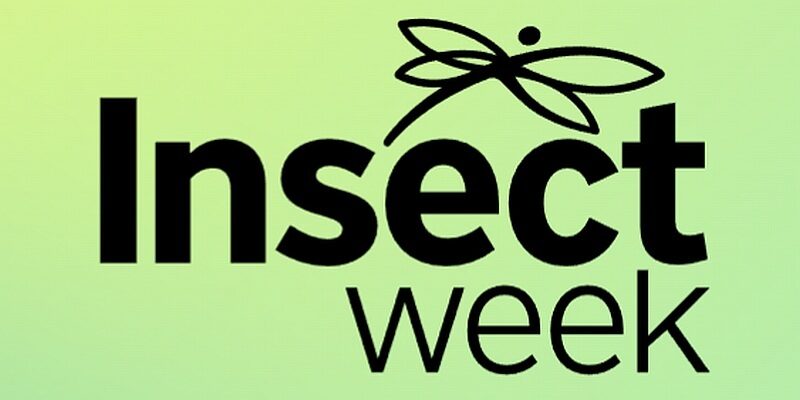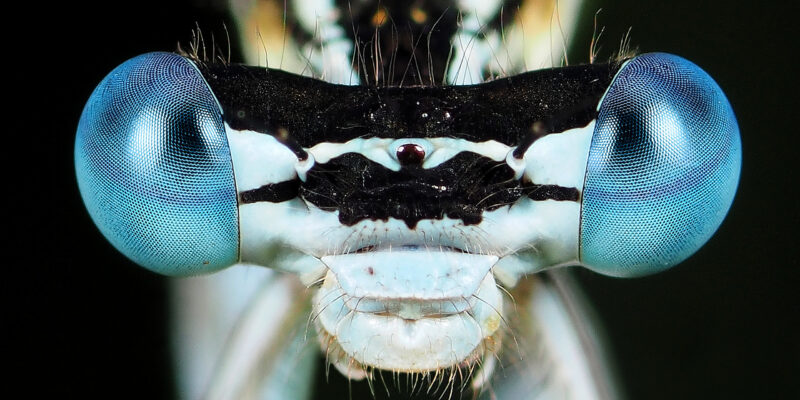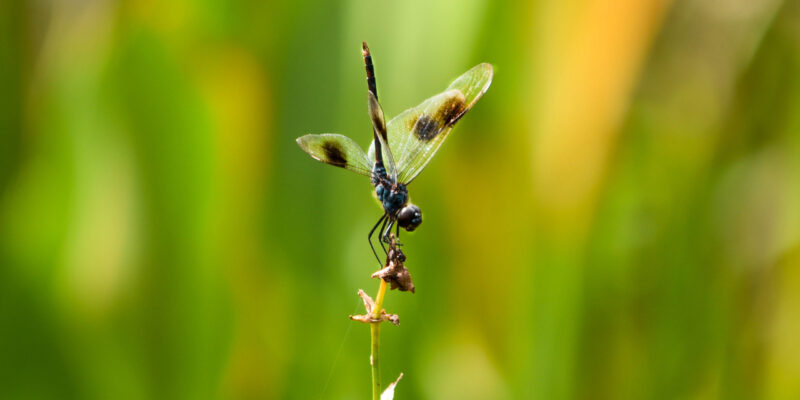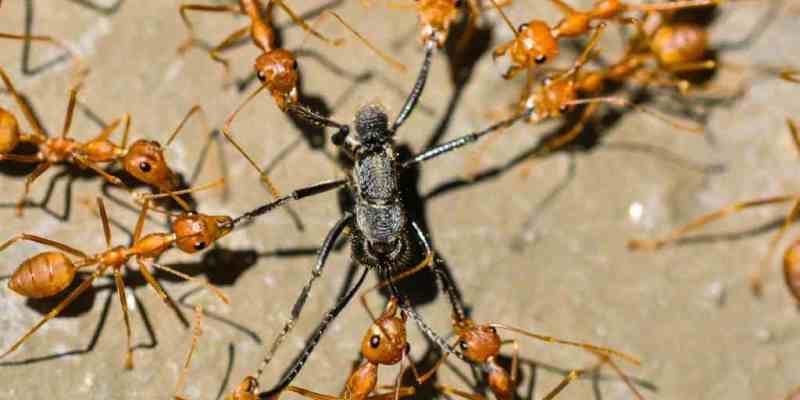

5 – 7 September
University of Exeter, Falmouth, Cornwall, UK and online
Each year we welcome distinguished entomologists from around the world to give a plenary lecture.
Below you can find out more about the plenary speakers at Ento23.
Join the discussion on social media using #Ento23

Plenary speakers
Jacobus ‘Jaap’ De Roode, Emory University, USA
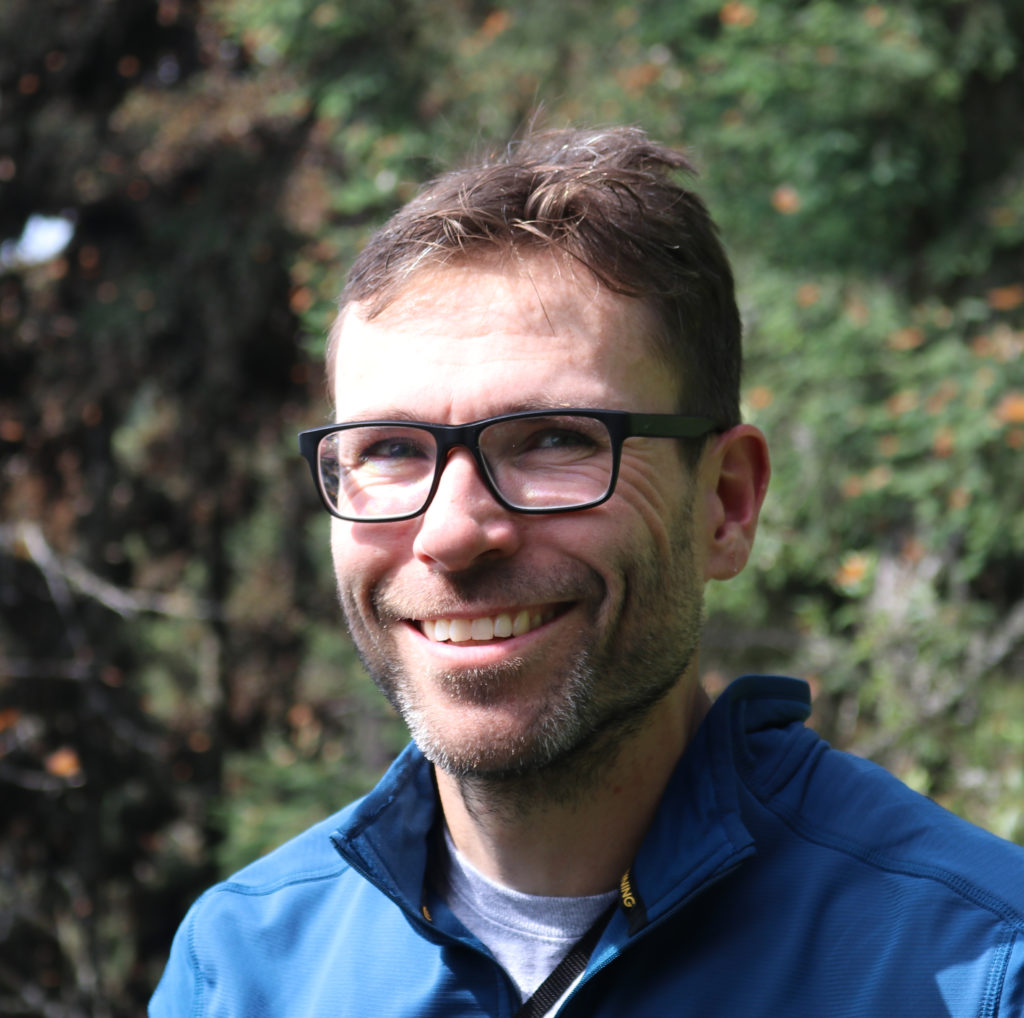
Jaap de Roode obtained an MSc degree in population biology from the Wageningen University in the Netherlands and a PhD in evolutionary biology from the University of Edinburgh in Scotland. He started his lab at Emory University in 2008, where most of his research focuses on the ecology and evolution of host-parasite interactions. He uses monarch butterflies and honey bees as model systems. He is currently investigating how secondary chemicals in plants drive monarch gut microbiomes and resistance to parasites, and is also studying the relationships between infectious disease and monarch butterfly migration.
– Director, Infectious Disease Across Scales Training Program (IDASTP)
– Co-Director, From Molecules and Pathogens to Populations and Pandemics (MP3)
– Member, Board of Directors, Rosalynn Carter Butterfly Trail
Elli Leadbeater, Royal Holloway University of London
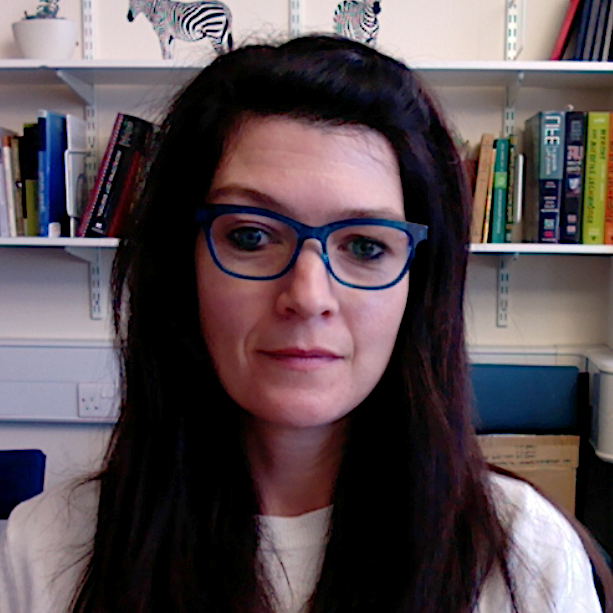
Elli Leadbeater’s research interests centre around the evolution of social behaviour and cognition. Her insights into pollinator behaviour have direct relevance to the challenge of ensuring pollination success in both natural populations and in agriculture.
Elli’s early research showed that bumblebees are capable of observational learning in a foraging context and that their stimulus choice is determined by what they learn from co-specifics. She then extended her analyses to copying and robbing behaviour, and later, focused on how selection shapes animal brains to promote social learning and on the role of cooperation between unrelated nest-mates for colony success.
Her more recent work has addressed the question of how urban environments affect pollinator activities and survival, and how pesticides and other forms of environmental stress affect pollinators.
Vanessa Kellermann, La Trobe University, Australia
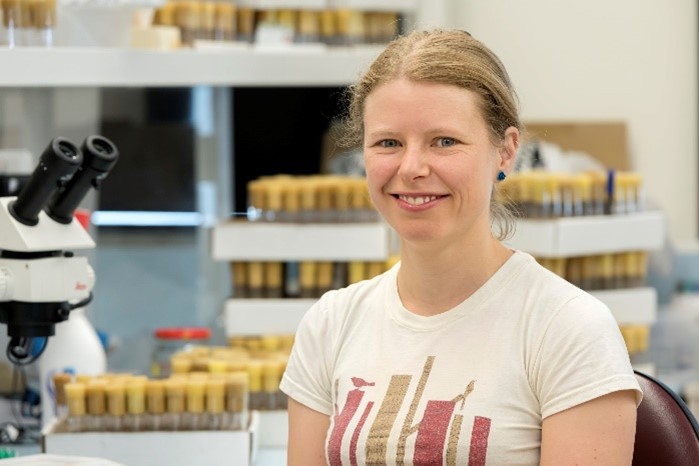
Vanessa’s research uses Drosophila and native bees to understand the role of climate and biotic interactions in shaping insect distributions.
She is interested in the relative contributions of genetic adaptation and phenotypic plasticity to the evolution of thermal and drought tolerance.
She uses quantitative genetic approaches, experimental evolution and species-level macro-ecological studies to answer these questions.
After receiving her doctorate from The University of Melbourne, Vanessa then moved to the laboratory of Volker Loeschcke at Aarhus University Denmark, where she spent two years as a postdoctorate. Returning to Australia, she started her laboratory group in 2020 and will start a new position at La Trobe University later this year.

Registration
Registration is now open for Ento23. This includes options to join in person and online.
If you are joining us in Cornwall, please note we are offering an accommodation package and conference dinner. Be sure to add these to your booking when you register.
For all event enquiries, please email: info@royensoc.co.uk

